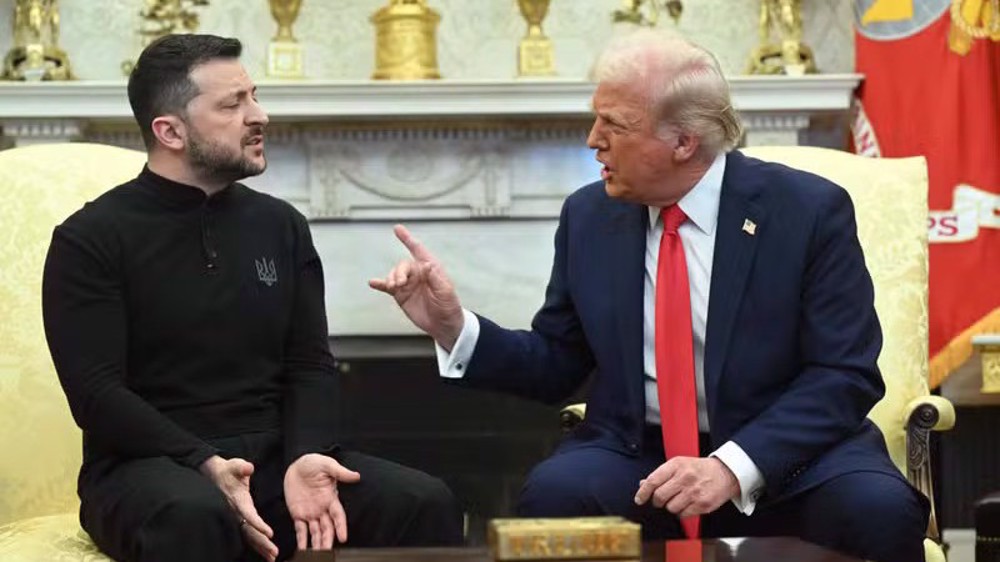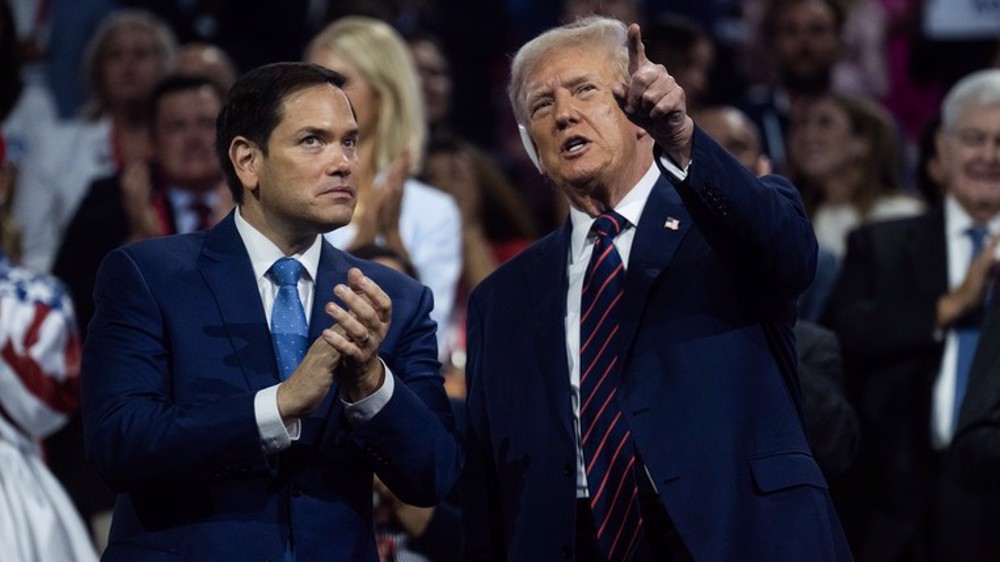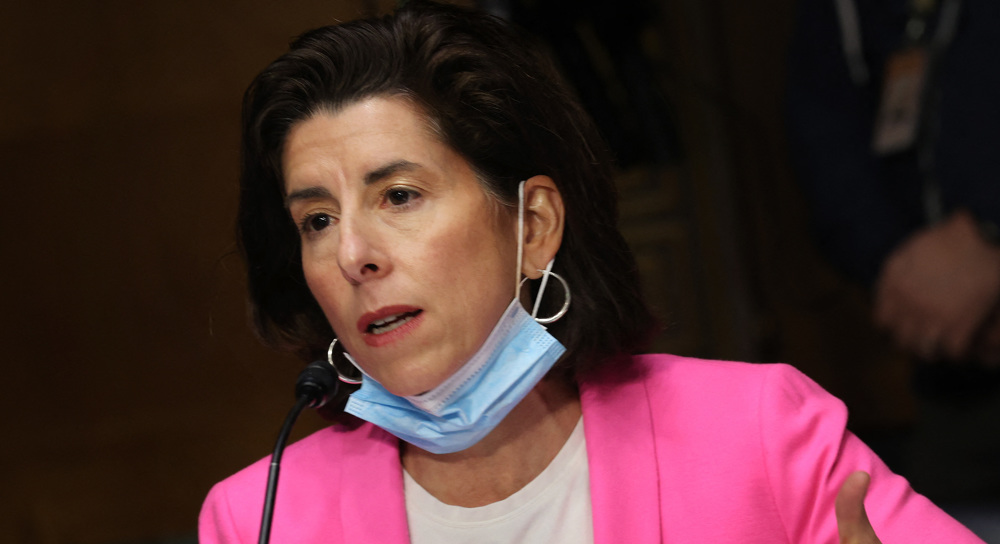US officials warn cyberattacks are 'here to stay' amid surge in hacking
US officials have warned of a growing threat of cyberattacks against American companies and government entities as the country has been hit by a string of hacking attacks, targeting key national entities.
US commerce secretary Gina Raimondo said the threat is "here to stay" and may even worsen, appealing for vigilance from the private sector in the face of increasingly serious cyberattacks.
"I think the first thing we have to recognize is this is the reality, and we should assume -- and businesses should assume -- that these attacks are here to stay and if anything will intensify," Raimondo said.
Analysts say the hackers behind the recent ransomware and cyberattacks -- targeting a major US oil pipeline, a global meatpacking giant, New York Metropolitan Transit Authority, and even the Irish health service -- are likely based in Russia, a charge Moscow denies.
The White House says President Joe Biden will raise the issue during an upcoming European trip, first at a G7 summit beginning Friday in Britain, and then with Russian President Vladimir Putin in Geneva on June 16.
"President Biden certainly thinks that President Putin and the Russian government has a role to play in stopping and preventing these attacks," said White House Press Secretary Jen Psaki.
Raimondo said that "all options are on the table," when asked whether the US should be taking a more aggressive stance on cyberattacks -- even perhaps contemplate military action.
"This is a top priority and all of us in the cabinet and the National Security Council are focused on it and considering all possible consequences."
She added that "we won't stand for a nation supporting or turning a blind eye to a criminal enterprise."
The recent cyberattacks on major targets like the Colonial Pipeline, which created a gas crisis in the US East Coast, have sharply focused attention on the problem, highlighting that American companies and government entities have suffered so-called ransomware attacks, often paying ransoms without reporting them.
Mark Warner, a US Democrat who chairs the Senate intelligence committee, called Sunday on NBC for greater transparency -- requiring companies to report cyberattacks -- and for the establishment of international norms.
He urged debate on possibly making it illegal for companies to pay ransoms to cyberattackers.
FBI director Christopher Wray recently underscored the severity of the problem, saying there were parallels with the September 11, 2001 attacks on the US by Al-Qaeda, which killed 2,977 Americans.
US energy secretary Jennifer Granholm also admitted that American adversaries have the ability to shut down the country's power grids.
"I think that there are very malign actors who are trying even as we speak. There are thousands of attacks on all aspects of the energy sector and the private sector generally," she told CNN.
"The meat plant, for example. It's happening all the time. This is why the private sector and the public sector have to work together and this is what the president is doing."
Granholm added that President Biden is working with several countries, Russia among them, to prevent cyberattacks in the future.
"Whether you're private or public sector, you shouldn't be paying ransomware attacks because it only encourages the bad guys," she noted.
According to reports, the US Department of Justice will tackle cyberattacks in a same way it deals with terrorism.
There are growing concerns in the US over cybersecurity holes in America's energy infrastructure amid reports revealing that the Biden administration was planning a series of cyberattacks against Russia.
The New York Times reported in March that a series of clandestine actions across Russian networks that were intended to be evident to President Putin and his intelligence services and military but not to the wider world were planned.

Trump, Vance rebuke Zelensky in heated Oval Office confrontation

Trump seeks sweeping cuts to State Department: Report

Palestinian authorities decry Trump’s ‘colonialist’ video on Gaza
Zelensky should apologize for ‘fiasco’ with Trump: US state secretary
Houthi: Yemen ready to attack Israel if Gaza truce breaks down
VIDEO | Lost classrooms, lost childhoods: Jenin’s children struggle for education
VIDEO | Palestinians ramain steadfast despite Israel’s onslaught
VIDEO | Press TV's news headlines
Iran ready to strengthen ties with UAE based on ‘mutual interests’: Deputy FM
VIDEO | A slap in the face of imperialism
Iran remains steadfast in its ‘principled positions,’ says Foreign Ministry









 This makes it easy to access the Press TV website
This makes it easy to access the Press TV website